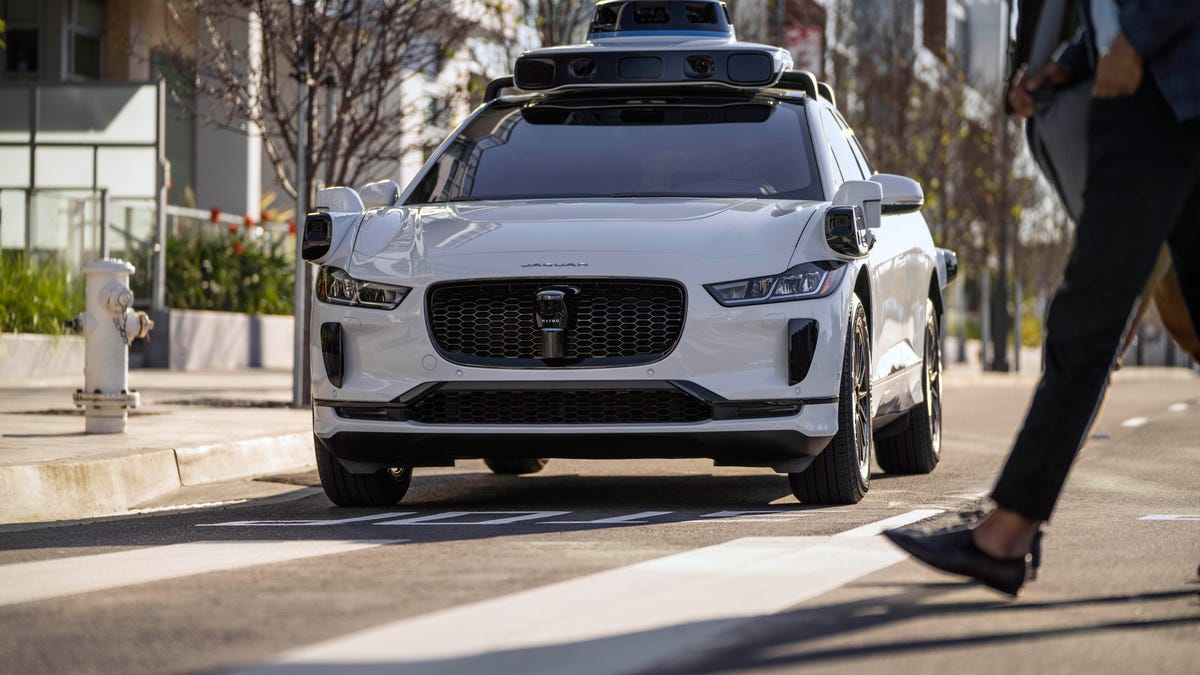Waymo Accelerates Global Expansion with New City Rollouts and Next‑Gen Vehicles

Key Points
- Waymo will launch in Denver this fall with Jaguar I‑Pace and Zeekr RT vehicles.
- Seattle is slated for a near‑term rollout after extensive local testing.
- Early testing in Dallas aims for public rides via Waymo One next year, partnered with Avis Budget Group.
- New York City permits up to eight autonomous vehicles for testing in Manhattan and downtown Brooklyn.
- Future service plans target Washington, DC, and Miami for 2026 launches.
- Tokyo pilot operates with manual drivers from Nihon Kotsu across seven wards.
- Current autonomous services run in Phoenix, San Francisco, Los Angeles, Atlanta, and Austin.
- Sixth‑generation driver technology is being integrated into Zeekr and Hyundai Ioniq 5 vehicles.
- Waymo is expanding autonomous freeway testing in Phoenix and for employees in LA and the SF Bay Area.
Waymo, Alphabet’s autonomous‑driving unit, is rapidly extending its robotaxi service across the United States and abroad. The company announced upcoming operations in Denver and Seattle, early testing in Dallas, and a renewed presence in New York City with autonomous pilots in Manhattan and downtown Brooklyn. Waymo also outlined plans for Washington, DC, and Miami in 2026, while continuing its Tokyo pilot with local taxi partners. New vehicle partnerships—including Jaguar I‑Pace, Zeekr RT, Hyundai Ioniq 5, and a sixth‑generation driver system—are set to broaden the fleet’s capabilities, especially in challenging weather and freeway environments.
Broadening the Domestic Footprint
Waymo is moving quickly to add new U.S. markets to its autonomous‑driving portfolio. The company confirmed that it will begin operations in Denver this fall, deploying a mixed fleet of Jaguar I‑Pace vehicles equipped with its fifth‑generation driver and Zeekr RT models featuring the newer sixth‑generation system. Waymo highlighted that the newer technology is designed for harsher climates, drawing on winter‑weather experience from Michigan, upstate New York, and the Sierra Nevada.
Seattle is also on the near‑term agenda. Waymo said it has spent years studying the area’s unique geography and wet weather, though a specific launch date has not been disclosed.
In Dallas, Waymo is conducting early testing with a plan to launch public rides via the Waymo One app next year. The effort is backed by a partnership with Avis Budget Group, which will manage fleet cleaning, maintenance, and broader operational logistics.
New York City is seeing a renewed autonomous presence. After manual testing in Manhattan, downtown Brooklyn, Jersey City, and Hoboken, Waymo submitted a permit application to operate autonomously with a human safety driver. The permit, granted in late August, allows testing of up to eight autonomous vehicles in Manhattan and downtown Brooklyn until September, with the option to request an extension. Waymo is also advocating for a change in state law to permit fully driverless ride‑hailing in the city.
Waymo outlined future service goals for Washington, DC, and Miami, targeting 2026 for public rides. In the capital, the company is scaling its fleet and working with policymakers to formalize regulations for driverless operation. In Miami, Waymo has been conducting weather testing to prepare for the region’s rainy conditions.
International Pilot in Tokyo
Waymo’s first overseas rollout is underway in Tokyo, conducted in partnership with Japanese taxi service Nihon Kotsu and the Go taxi app. Trained Nihon‑board drivers are manually operating Waymo‑equipped vehicles across seven Tokyo wards, allowing engineers to adapt the technology to local traffic patterns and road features.
Current Service Areas and Fleet Composition
Waymo already offers fully autonomous rides to the public in Phoenix, San Francisco, Los Angeles, Atlanta, and Austin, using all‑electric Jaguar I‑Pace vehicles. Riders can summon rides through the Waymo One app or, in certain cities, via Uber. The company also runs limited fleets with human drivers in Philadelphia to develop capabilities in complex urban environments.
Next‑Generation Vehicles and Technology
In August 2024, Waymo unveiled its sixth‑generation driver system, which incorporates smarter sensors to better handle extreme weather. This system is being integrated into the all‑electric Zeekr vehicle, which features a flat floor, increased cabin space, adjustable seats, and a removable steering wheel and pedals. Waymo also announced a partnership with Hyundai to embed the sixth‑generation driver into the Ioniq 5 SUV, with plans to add these vehicles to the Waymo One fleet over time. Testing of these next‑gen models is slated to begin by late 2025.
While current rider‑facing services are limited to city streets, Waymo is expanding autonomous freeway testing in Phoenix and making fully autonomous freeway rides available to employees in Los Angeles and the San Francisco Bay Area. The company notes that advances in freeway capability will also benefit its broader autonomous‑driving initiatives, including future trucking applications.